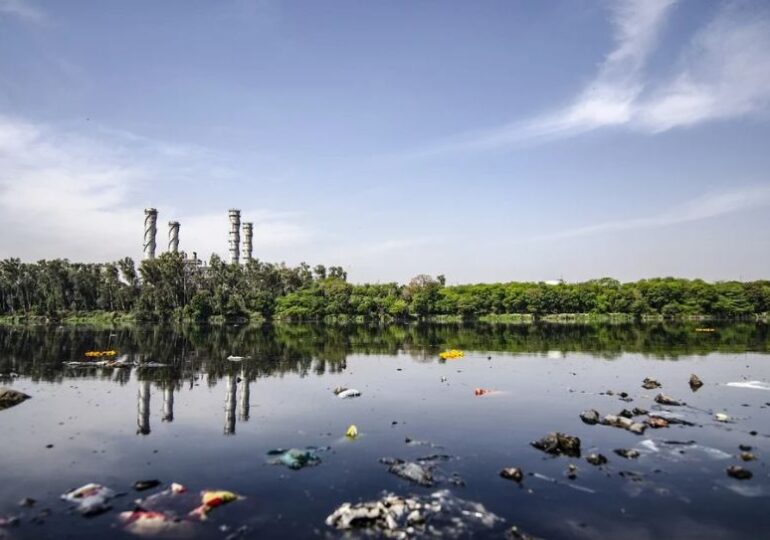Plastic production has increased by over 200 times since 1950 and severely impacts health at every stage, as shown in a new report.
The world is in a „plastic crisis,” the report emphasizes, published in the medical journal Lancet and cited by The Guardian, which causes diseases and deaths from childhood to old age and is responsible for health-related damages of at least $1.5 trillion per year.
Plastic production is expected to triple again, reaching over one billion tons per year by 2060.
Although plastic has many important uses, the fastest growth has been in the production of single-use plastics, such as beverage bottles and fast-food containers.
As a result, plastic pollution has skyrocketed. 8 billion tons now pollute the entire planet, from the peak of Mount Everest to the deepest ocean trench. Less than 10% of plastic is recycled.
Plastic materials endanger people and the planet at every stage, the report states, from the extraction of fossil fuels used in their production, to manufacturing, use, and disposal.
This leads to air pollution, exposure to toxic chemicals, and the infiltration of microplastics into organisms.
Plastic pollution can even promote the growth of disease-carrying mosquitoes, as water trapped in discarded plastic provides conducive conditions for reproduction.
Children, the Most Affected
The report was released ahead of the sixth and likely final round of negotiations between countries to reach a legally binding global treaty on plastic, aimed at combating the crisis.
The discussions have been marked by deep disagreement between over 100 countries supporting a cap on plastic production and oil-producing states like Saudi Arabia opposing the proposal.
"We know a lot about the extent and severity of the impact of plastic pollution on health and the environment," said Professor Philip Landrigan, a pediatrician and epidemiologist at Boston College in the USA and the lead author of the new report. He stated that the plastic treaty must include measures to protect human and planetary health.
"The impact is most felt on vulnerable populations, especially infants and children," he said.
The World Cannot Recycle Its Way Out of the Plastic Pollution Crisis
Oil-producing countries and the plastics industry have argued that the focus should be on recycling plastic rather than reducing production. However, unlike paper, glass, steel, and aluminum, chemically complex plastics are not easily recyclable.
The report states: "It is now clear that the world cannot recycle its way out of the plastic pollution crisis."
Over 98% of plastics are made from fossil fuels, gases, and coal. The production process, which consumes a lot of energy, exacerbates the climate crisis by releasing the equivalent of 2 billion tons of CO2 annually, more than Russia's emissions, the fourth-largest polluter in the world.
Plastic production also generates air pollution, and over half of unmanaged plastic waste has been openly burned, further worsening the situation, the report states.
Over 16,000 chemicals are used in plastics. The report shows that many of them have been associated with health effects at all stages of life.
The analysis found that fetuses, infants, and young children are highly susceptible to the effects associated with plastics, with exposure linked to increased risks of miscarriage, premature birth, stillbirth, congenital malformations, lung conditions, childhood cancer, and fertility problems later in life.

